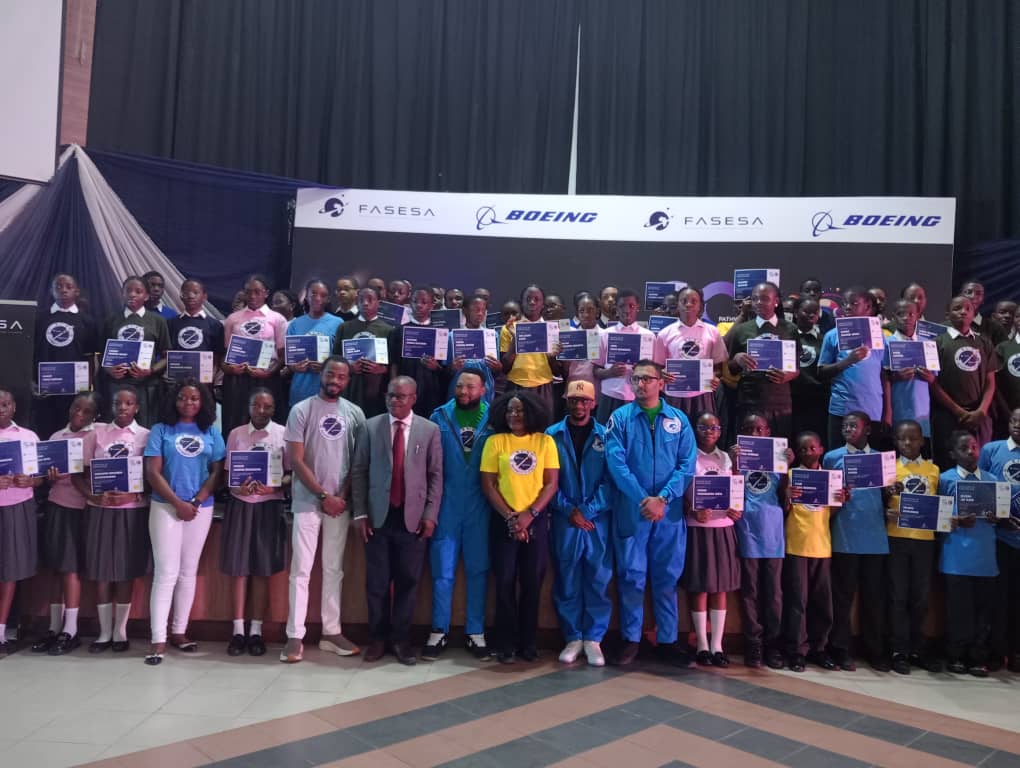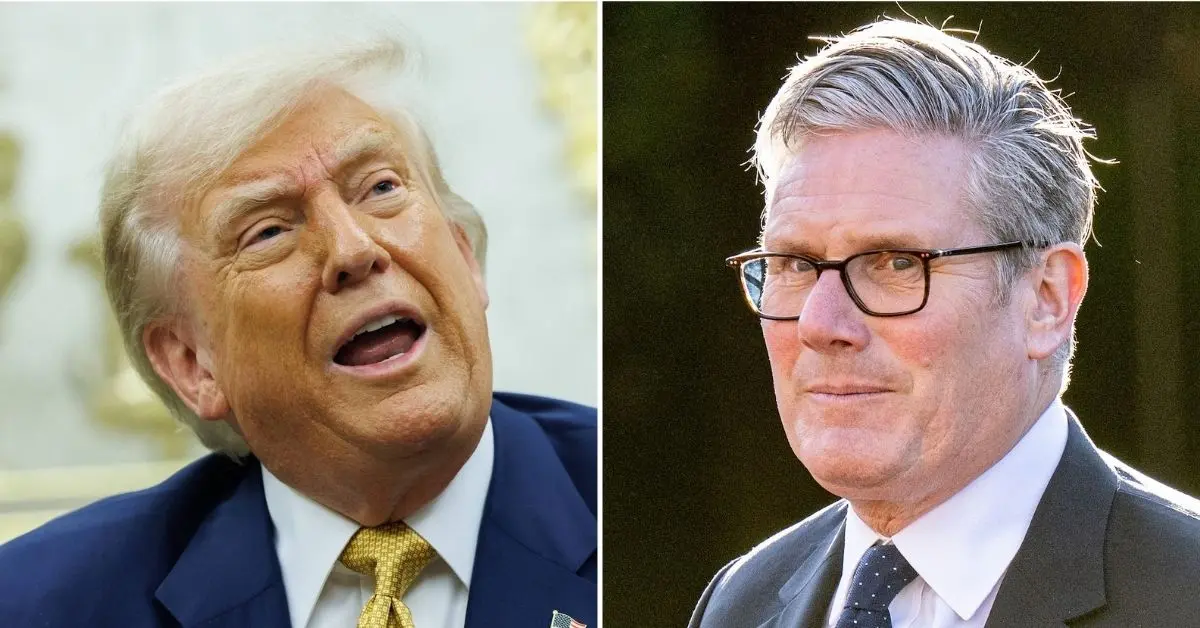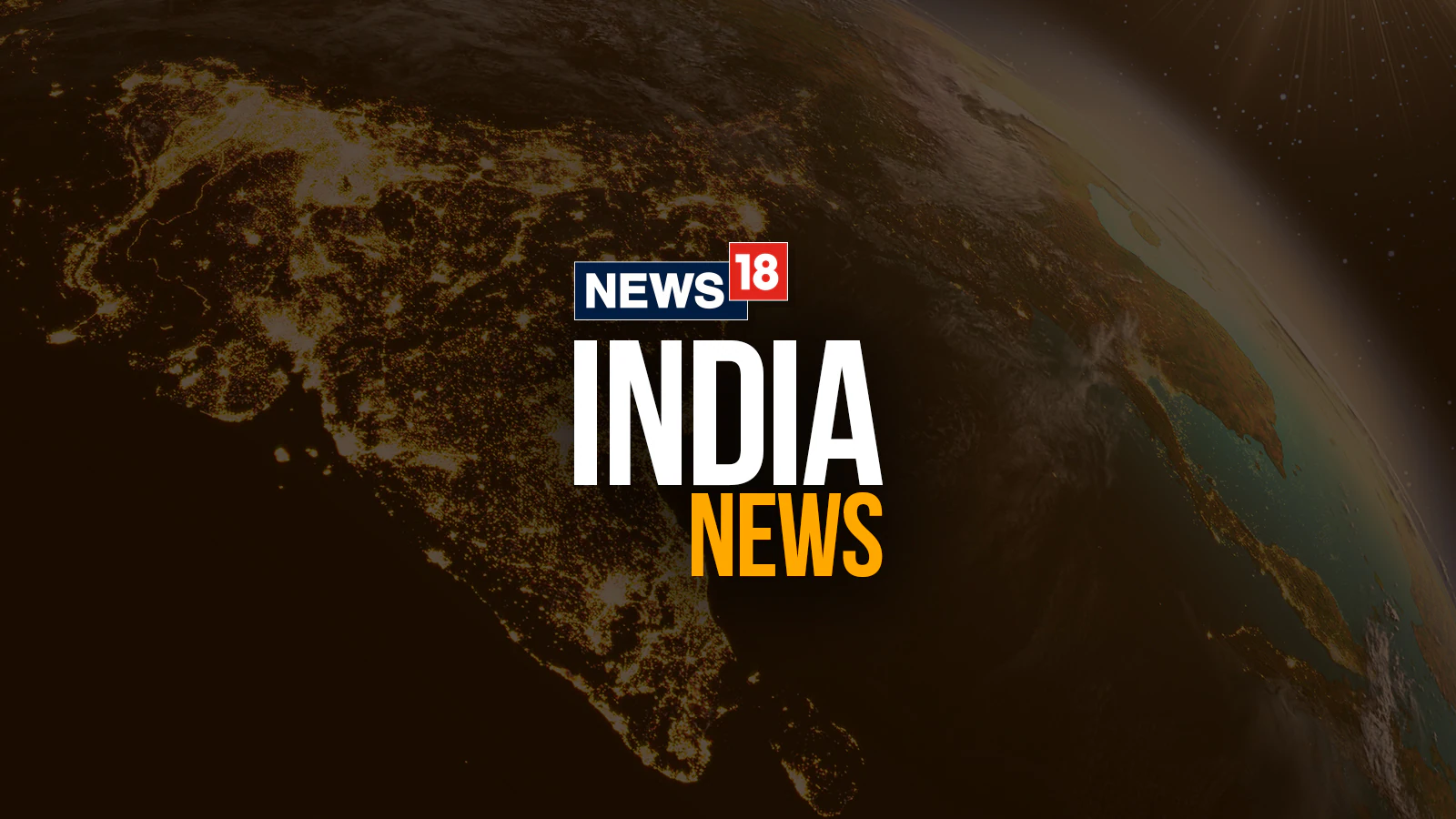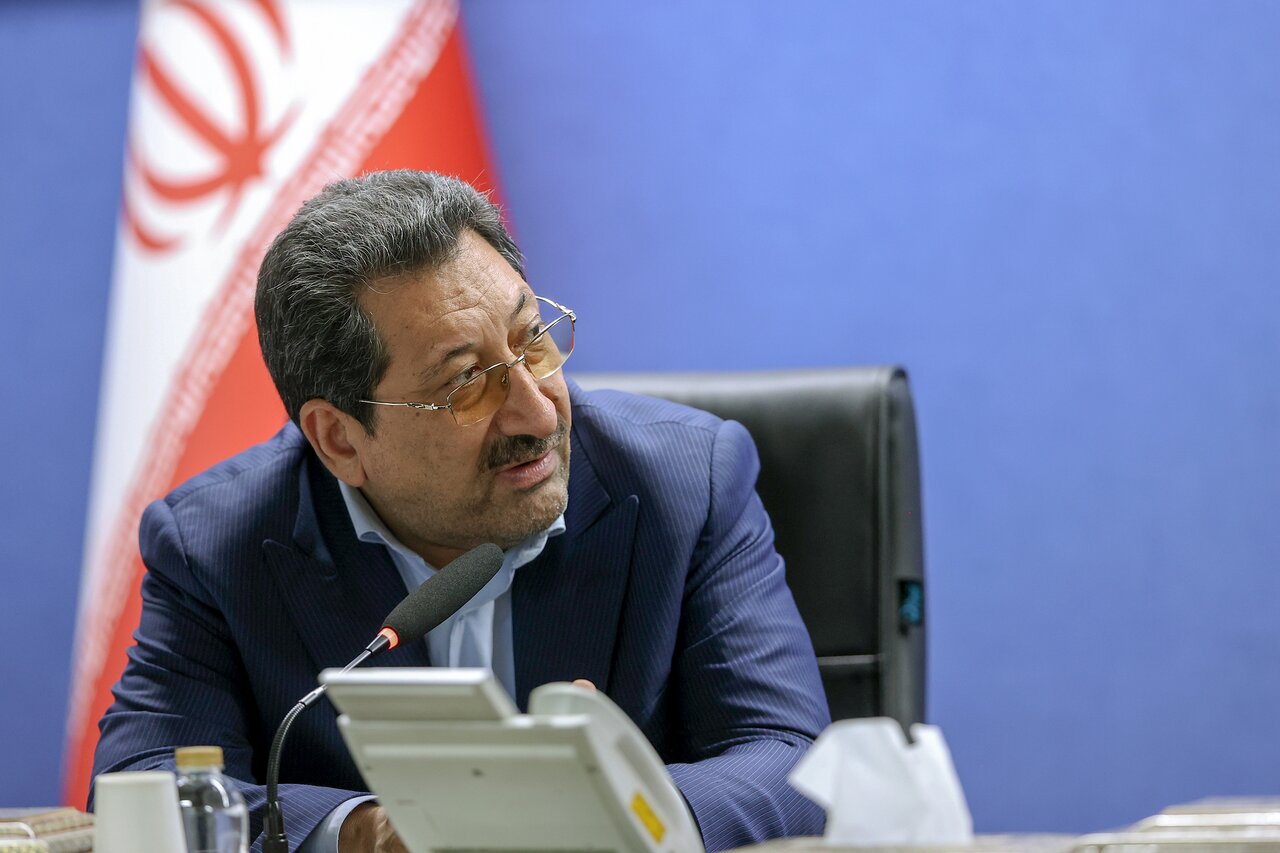By Tokunbo2
Copyright thesun

From Charity Nwakaudu, Abuja
In a groundbreaking collaboration, the National Space Research and Development Agency (NASRDA), the Foundation for African Space Education and Science Advancement (FASESA), and aerospace giant Boeing have successfully trained over 5,000 Nigerian students in space innovation and technology.
The initiative, aimed at nurturing young minds in science and technology, marked a milestone with a graduation ceremony held at Premier Academy, Abuja.
Speaking at the event, NASRDA Director-General, Matthew Adepoju, represented by the Assistant Director at the agency and Country Director of FASESA, Olayinka Fagbero, described the achievement as a “record-breaking stride” in Africa’s journey towards space exploration.
“Space innovation is one of the best solutions to the challenges facing Nigeria’s education system. This initiative is designed to inspire and nurture the interest of the younger generation in space science and technology,” said Fagbero.
She further revealed that NASRDA would begin coordinating the participation of Nigerian students in the global space programme annually.
“The space agency is sending invitations to schools across the country to join the programme. It’s a free initiative, and Premier Academy has been a hub for two consecutive years due to their incredible support and hospitality,” she added.
Despite Nigeria’s presence in the space journey for over 25 years, Fagbero noted that the country still lags behind its potential.
On his part, the Founder of FASESA, Sean Jacobs, emphasised the importance of community involvement in driving space innovation across Africa.
“We have very smart children in Nigeria, Kenya, and Ethiopia. What we need is a strong support system—governments, schools, and parents working together—to help these kids thrive. If we achieve that, Africa could lead the space exploration race within the next two years,” Jacobs stated.
Speaking on behalf of the graduating students, Prince Okoro expressed gratitude to the organisers and the school for the opportunity to learn about space science.
He also appealed to the government to provide more resources and instruments needed for deeper exploration in space science.
“This has been a life-changing experience for many of us. We are calling on the government to support this movement by providing the necessary tools to further our knowledge,” he said.
The programme is part of a global space education initiative currently active in Nigeria, Ethiopia, and Kenya.



